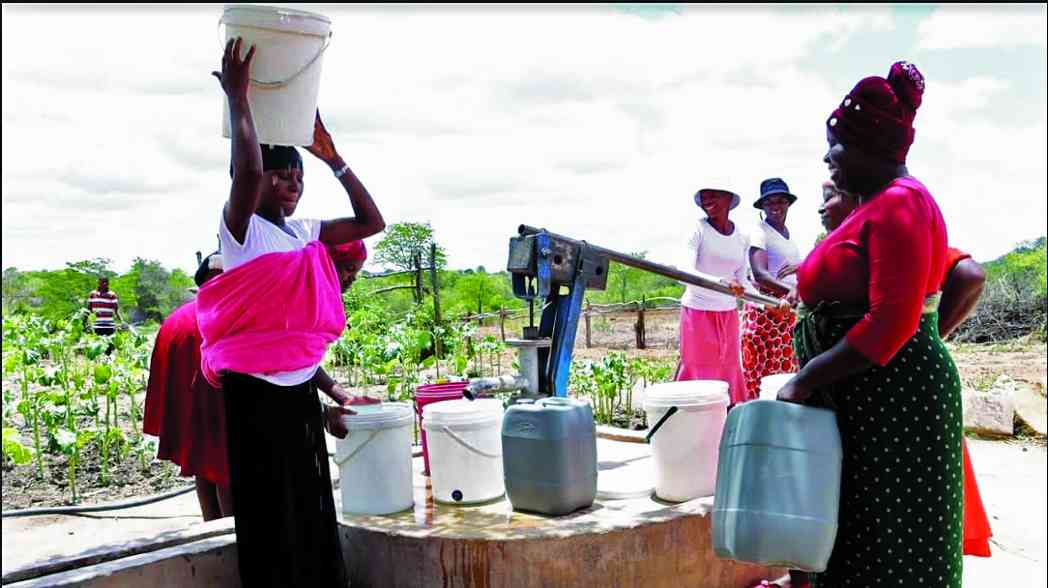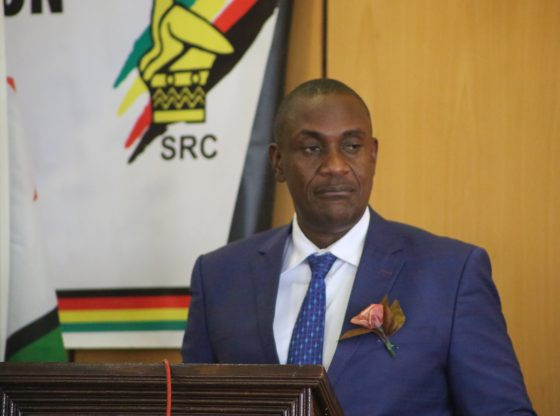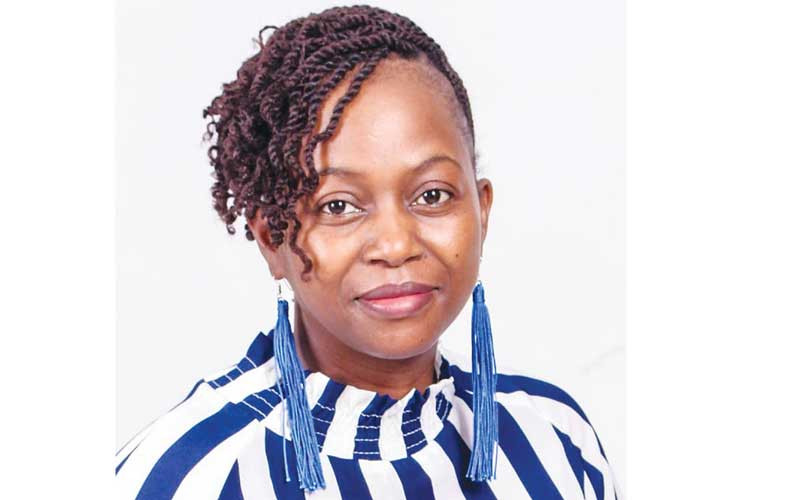
AS climate change remains one of the topical global issues, local filmmaker Darlington Mutsvairi’s forthcoming documentary reveals the effects of climate change on women.
The documentary, Effects of Climate Change: Women are the Most Affected, was shot in Buhera district ward 7, Manicaland province.
In an interview with NewsDay Life & Style Mutsvairi said he wanted to bring the effects of climate change closer to home with a focus on how it is affecting women through the documentary.
He noted that the documentary paid much attention to marginalised areas as most researchers tend to focus on areas closer to cities.
“There is a call-in gender balance in every facet of life, it is evident that stereotypes in duties and responsibilities of looking after families still exist and women are the most affected. Gender roles have normalised household tasks such as fetching water and firewood as female duties. No matter how difficult it may be, women carry the burden,” Mutsvairi said.
“We decided to focus on Buhera initially, but we want to stretch to other areas in the country, especially the marginalised that are distant from the big cities. We realised that in most cases, research is done in cities or areas nearer to them which does not give a true reflection of what is happening in the remote and marginalised communities.”
He said climate change effects such as increased droughts which had an impact on water availability. This made the precious liquid scarce thereby affecting people, livestock and crops.
“Women are walking long distances to get to the nearest water source, an individual who has been able to drill own borehole helps other villagers. We have witnessed women walking these distances carrying babies on their backs, even pregnant women are facing the same predicament.
- R. Kelly sentenced to 30 years in sex trafficking case
- In Full: sixteenth post-cabinet press briefing June 14, 2022
- New-look Beitbridge border impresses financiers
- Abwa commissions milk plant
Keep Reading
“They are the ones taking their livestock to drink at the water source. In addition, women are also walking long distances to fetch firewood. However, some have resorted to tsotso stoves to further save wood and forests simultaneously,” he said.
Mutsvairi revealed that interviews done during the documentary-making process showed that people are still relying on yesteryear rainfall patterns which have since changed, but many seem not to be adjusting to this reality.
From the documentary interviews, Mutsvairi said some men in the community revealed that according to culture it was the role of women to carry out certain tasks while those who have scotch carts were prioritising things other than fetching water or firewood.
The challenges that have become a part of women’s lives cascade down to their children as they are forced to assist their mothers.
“Children are vulnerable to attacks by criminals and the probability of young girls being sexually abused is very high. Also, the children are affected in terms of education as they have little or no time to do their homework of which the new curriculum is so demanding,” he said.
“Some, at times, get to school late because they have to travel to fetch water first in the morning before they go to school.”
Mutsvairi said besides the main objective of the documentary being to expose the climate change burden on women, a plethora of issues such as child marriages, which are still rampant in the area despite calls by government to end child marriage, were exposed.







